When You Should Say 'No Thanks' to the Keto Diet
The ketogenic diet has swept the wellness world, championed for its impressive weight loss results and promises of boundless energy. This high-fat, ultra-low-carb approach, which shifts your body into a state of ketosis, sounds incredibly appealing for many. But beneath the tempting success stories lies a crucial truth: keto isn't a one-size-fits-all solution. Despite its popularity, there are very specific circumstances where embracing the keto lifestyle could do more harm than good. Before you dive headfirst into this restrictive eating plan, consider these 26 vital situations where saying "no thanks" to keto might be the smartest choice for your health and well-being.
1. If You Have Crohn's Disease

Crohn's disease is characterized by inflammation of the gut. Research shows that a bug known as MAP that is found in animal products such as milk and meat may be the cause of Crohn's disease. Along with being high in meat, the ketogenic diet also limits fibrous carbohydrates that help promote gut health. The ketogenic diet only allows for non-starchy carbohydrates such as spinach and kale to be eaten. Limiting grains and other starches that are high in fiber may worsen the conditions of Crohn's disease by decreasing bowel movements that are needed to eliminate wastes and decrease inflammation. Starchy vegetables are still high in many plant chemicals that have protective effects in the body and eliminating these can impact immunity, which may also worsen symptoms of Crohn's disease.
2. If You Suffer From Cardiovascular Disease

Research shows there is an association between eating a diet high in animal products and heart disease. Many animal products are high in saturated fats that are high in cholesterol, which can clog arteries and impact blood flow to the heart. Blood delivers important nutrients and oxygen needed to maintain proper cardiovascular system health. The ketogenic diet is both high in saturated animal fats and low in protective antioxidants from plant sources, as antioxidants protect organs such as the heart, further increasing an individual's risk of developing this disease.
3. If You Have Diabetes

Fiber is needed to slow down the digestive process, which has an impact on blood glucose spikes. Fiber is only found in plant sources of food and is limited while on the ketogenic diet. Fiber controls blood sugar levels by limiting the amount of glucose that is dumped into the bloodstream. Because of this, fiber reduces blood sugar spikes and can help control diabetes. Eating a diet that is high in vegetables is the best way to incorporate fiber into one's diet. This would be hard to accomplish on a diet that limits its overall carbohydrate intake to just two to four percent.
4. If You Have Chronic Fatigue Syndrome

A high-fat diet is hard to metabolize. Meat is harder to break down in the digestive system than plants are. Eating a diet that is high in meats and natural fat may be taxing on the digestive system, which can result in an increased risk of chronic fatigue. Eating high-fat meals all the time can make a person tired because they are overloading their digestive system with hard to digest food, and they are not eating enough plant-based sources. Plants such as fruits and vegetables provide natural energy. They also work as natural detoxification agents to eliminate toxins from the body, which is another energy source for the body.
5. If You Suffer From Skin Problems

Research indicates a link between eating meat and acne. The ketogenic diet is high in meat and low in vegetables, which have healing powers for the skin. Vitamins A, C, and E can help prevent the appearance of skin wrinkles. They can also protect the skin against the sun's damaging UV rays. Vitamin C is necessary for collagen production, which helps restore new, healthy skin. These vitamins are only found in plant sources such as fruits and vegetables. A person with a diet that is high in meats and low in fruits and vegetables may experience more skin problems than a person who follows a plant-based diet.
6. If You Are Anorexic Or Underweight
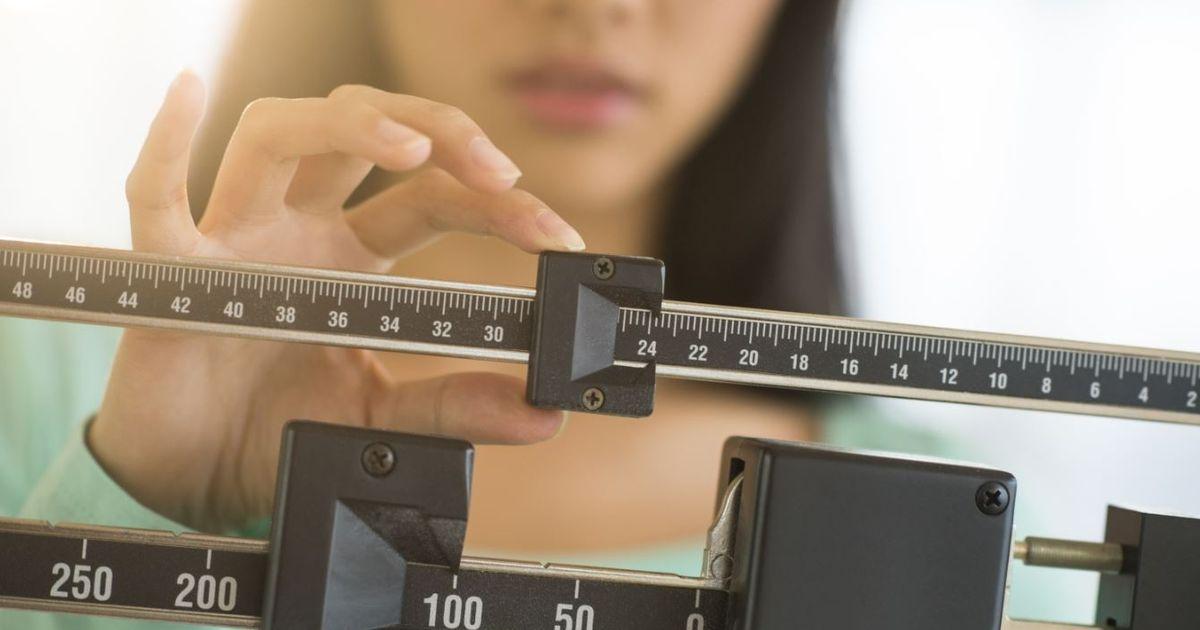
The ketogenic diet restricts carbohydrates so if fat is limited, starvation can occur rapidly in those with anorexia. With careful professional supervision, the ketogenic diet can produce healing benefits for this individual. Repetitive ketogenic eating habits can restore brain function due to the high-fat content of the diet. A ketogenic eating regiment promotes the body's ability to use stored fat for energy production. The strength of the body to complete this process is compromised when food that is carbohydrate-rich has been consumed. In an individual with low levels of body fat, there is little to no stored fat to process into much-needed energy. Low-fat levels can cause brain fog, fatigue, and even dizziness. Consulting with a medical professional and nutritionist before changing your diet is a crucial step in creating healthy eating habits that adhere to the ketogenic diet.
7. If You Have High Blood Pressure Or Are Taking Blood Pressure Medications

Although there is considerable evidence available proving that the ketogenic diet lowers blood pressure, the first few weeks of the diet can pose dangers for anyone with high blood pressure. The body will react to the diet by reducing its blood pressure, but it may lower it too quickly, deeming medication useless. Dizziness and weakness are common in those with high blood pressure who start the ketogenic diet. Blood pressure medications and this diet method can react adversely to one another due to a sudden drop in blood pressure in the first few weeks. Considering the ketogenic diet can be harmful to those with high blood pressure, consulting a medical professional is a critical step in avoiding or minimizing any damage. Constant monitoring of blood pressure is a vital step in ensuring a healthy ketogenic diet.
8. If You Are Pregnant Or Breastfeeding

A ketogenic diet may be helpful in getting pregnant, but once a patient becomes pregnant or is breastfeeding, it is recommended to stop all ketogenic eating practices. There are several precautions for those who wish to continue their ketogenic diet into pregnancy. Eating whole foods such as fruits, nuts, and vegetables will be of great benefit to the child, but an expectant mother should not aim for any weight loss during pregnancy, as adequate calories and proper nutrition should be of paramount concern. Avoiding refined grains, processed foods, and unnatural sugar is also considered good advice as well as intermittent fasting. Maintaining a healthy diet and exercise routine while pregnant is the key to continuing healthy ketogenic diet practices. Breastfeeding women should also incorporate a small serving of carbohydrates in their daily diet as they tend to lose a substantial amount of energy through their breastmilk.
9. If You Have Mineral Or Vitamin Deficiencies
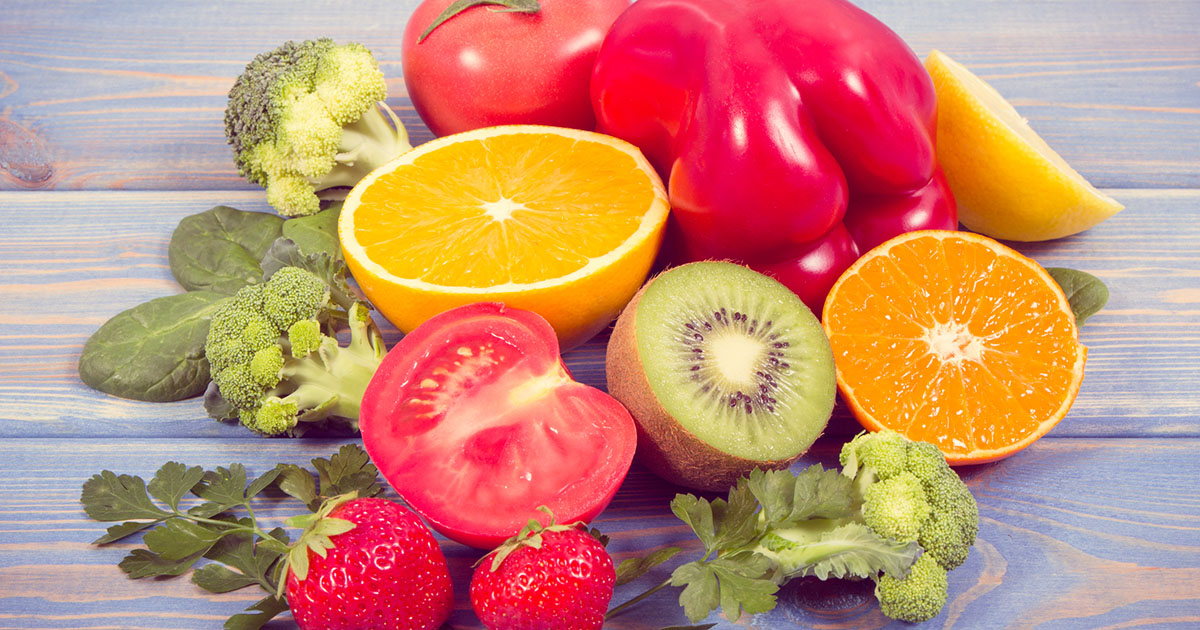
A potassium deficiency can cause constipation, muscle cramps, skin problems, and weakness. The lack of this mineral can also cause poor performance while exercising and degeneration of lean muscle mass. In more severe incidents of potassium deficiency, individuals experience a host of heart problems. Incorporating spinach, avocado, kale, or mushrooms into a ketogenic diet is a great way to get natural potassium. Low magnesium and sodium levels in the body will also have adverse effects on a ketogenic diet. A low level of magnesium in the body can lead to leg cramps, and there are many supplements available to replenish this mineral. During the initial phase of the diet, sodium levels become lower than usual, so an easy way to avoid a lack of sodium is to drink pink Himalayan salt tea.
10. Other Special Medical Conditions

Individuals who suffer from gallbladder disease will find that fat becomes more difficult to digest. This organ is an integral part of the digestive and metabolic process, and the condition will negatively impede fat digestion and the progress of a ketogenic diet. Pancreatic insufficiency is also a common impediment to proper fat metabolism and will have the same effect. Gastric bypass surgery is becoming increasingly common in obese individuals, and this operation can cause difficulty in absorbing and digesting the high amount of fats in the ketogenic diet. Kidney stones will cause sodium and fluid balance to become abnormal and can also interfere with the diet. Also, rare metabolic disorders that interfere with fat metabolism will impede the effectiveness of this diet method.
11. If You're Lactose-Intolerant
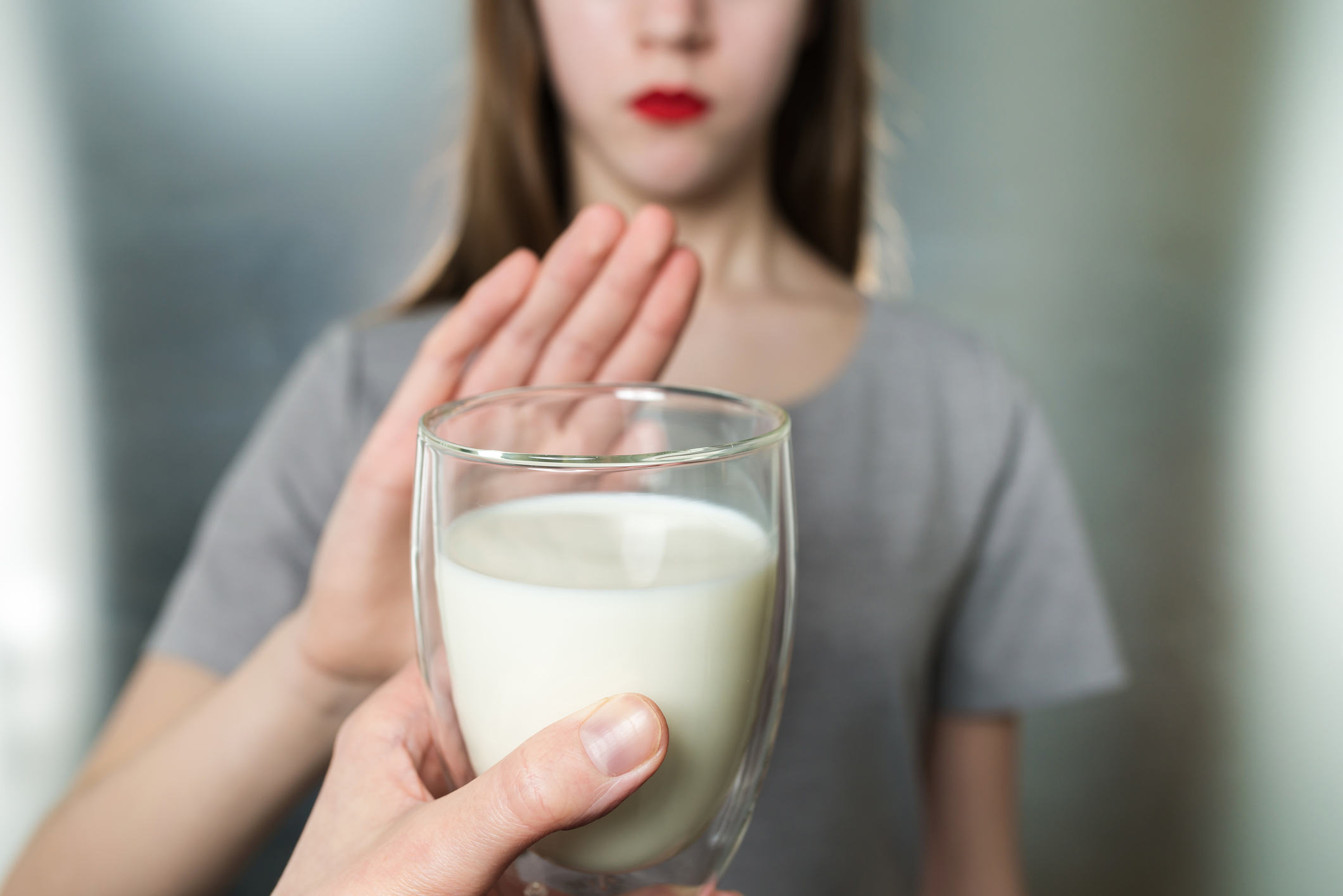
If you struggle with a dairy allergy or lactose-intolerance, the ketogenic diet may be more of a challenge for you considering a majority of the recipes call for heavy creams, butter, sour cream, yogurt, and cheese. In fact, dairy plays a significant role in the ketogenic diet, as heavy cheeses, creams, yogurts, and butter are an excellent source of high-quality fats, and some of these dairy options even provide protein; the two main components of the ketogenic diet. A dairy allergy is when the body struggles to break down lactose, as, without the lactase enzyme, the lactose becomes metabolized by gut bacteria, which can result in an upset stomach, diarrhea, bloating, nausea, and flatulence.
Although challenging, it is not impossible to go completely dairy-free while following the ketogenic diet, as there are a wide variety of dairy substitutions and dairy-free recipes. An individual following the ketogenic diet with a dairy allergy will need to consume more low-carb fruits and vegetables, animal-based fats, red meat, poultry, and seafood, plant-based oils, and more nuts and seeds to make up for the lack of dairy. However, this restriction does pigeon-hold you to consume a lot of the same foods without a ton of variety. If you are having difficulty finding keto-friendly recipes that are dairy-free, you can also take a lactase enzyme supplement before consuming dairy-heavy meals.
12. If You Have Specific Food Allergies
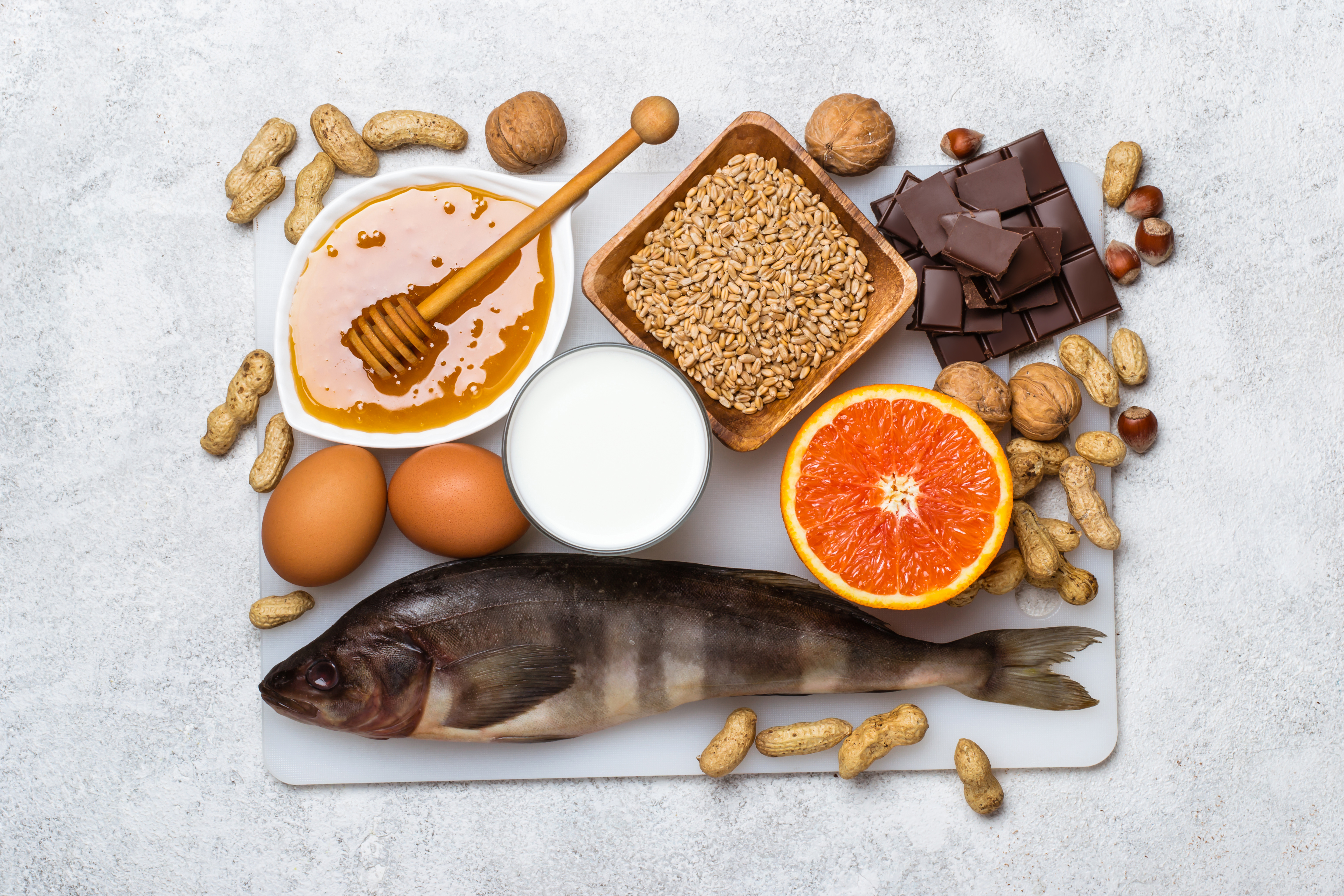
Similar to a dairy allergy, specific food allergies, such as to peanuts, tree nuts, certain fruits and vegetables, and even meat allergies, can severely hinder a person who wants to or is trying to faithfully follow the ketogenic diet. This is mainly due to the types of food individuals are encouraged to eat while on this diet, such as red meat, poultry, seafood, heavy and full-fat dairy products, low-carb fruits and vegetables, nuts and seeds, plant-based oils, and ketone supplements. Some individuals may have an allergy to certain proteins, such as avocados and legumes, further making this diet difficult, if not impossible to follow. Some ketone supplements contain dairy and nuts in them, as well are usually highly-protein based, therefore if you have any sort of allergy to any of these specific foods, the ketogenic diet might not be right for you. Always read the label of any supplement recommended for the ketogenic diet, as well as any other foods that are recommended as well.
13. If You're A Vegetarian Or Vegan
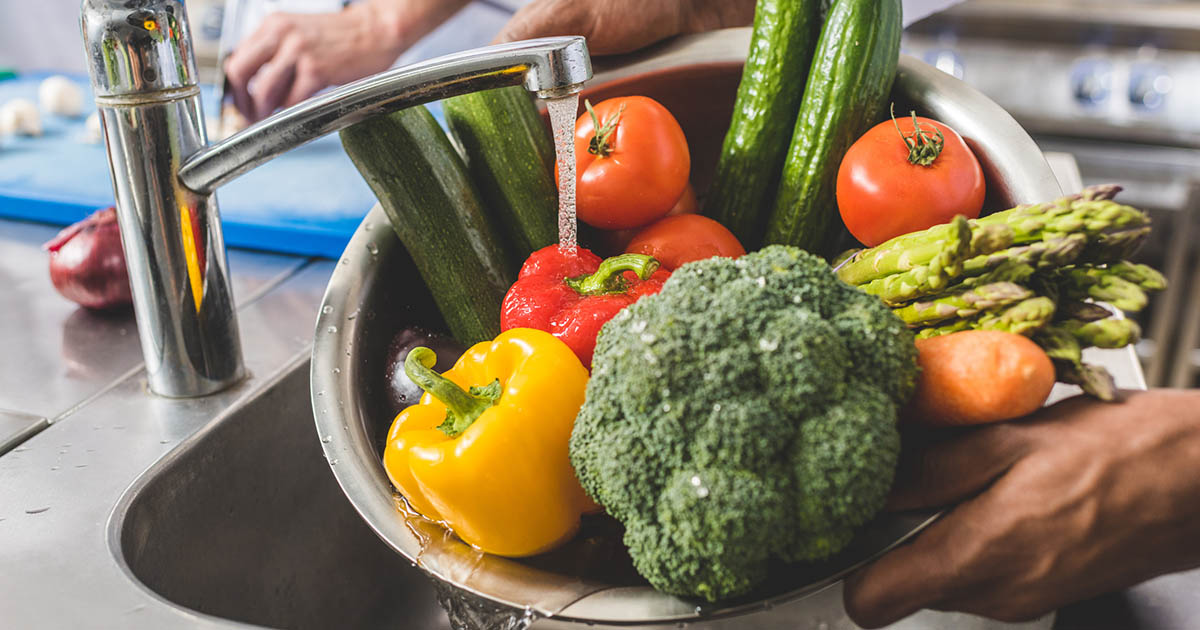
Just like being lactose-intolerant, if you are a vegetarian or vegan, the ketogenic diet may be incredibly difficult for you to follow, but not entirely impossible as the diet can be adapted to your needs. Again, given the main food components of this diet are heavily focused on animal-based fats and proteins, as well as dairy products, vegetarians and vegans may find it challenging to find friendly recipes for their lifestyle, as well as finding appropriate substitutes that will ensure they are getting the right amount of proteins and fats, while staying low-carb on this diet.
Eating a vegetarian based diet is possible, as an individual can consume many leafy greens and vegetables such as spinach, kale, broccoli, and cauliflower, as well as some fruits such as blueberries and strawberries. As part of the vegetarian lifestyle, individuals can also consume eggs, cheese, nuts, and seeds, which are great sources of protein. However, veganism is a bit more difficult to adapt for, as they will need to cut out all dairy, and focus on fruits, vegetables, oils, and nuts and seeds, limiting the type of meals they can prepare. There are 'vegan' meats available for both of these lifestyles to consume, such as tempeh, tofu, seitan, and other high-protein, low-carb 'meats' but again, your selection will be quite limited.
14. If You Are A Picky Eater

As previously mentioned with specific allergies and food needs, a picky eater can succeed while following the ketogenic diet, however, it poses a different type of challenge as a picky eater is not limited due to health or lifestyle reasons, but rather by choice. If you only enjoy consuming a select few meals, especially meals that are high-carb such as pasta, this diet may not be ideal for you. Unless you enjoy a majority of the fruits and vegetables, meats, dairy, nuts, and legumes that are a part of the diet, then as a picky eater, you can thrive and see results. However, if you're not big on many vegetables or don't particularly like red meats, and cannot stand staple foods such as avocados and bacon, following the ketogenic diet and truly enjoying it may pose a challenge.
15. If You're On A Tight Budget

Another viable and highly doable option, however, it does come with some warning. If you and your family are on a tight budget in general, or you like to keep your food budget around the $100-mark per week, properly following and thriving on the ketogenic diet can be difficult. For one, with the rising cost of food, especially meats, and animal-based products, this diet can get expensive quick as a majority of your protein and fat sources come from animal-based proteins and fats. As previously mentioned, it is doable to adjust the diet to your needs and to consume less meat (such as if you are a vegetarian), but it is challenging. Not to mention, many of the ketone supplements can get incredibly expensive as well, especially if there are more than two individuals in a household following the diet, as you will need to buy supplements more often. Unless you plan to start buying in bulk or purchasing meats and organic foods when they are on sale and freezing them, expect to see your grocery bill significantly increase if you are on the ketogenic diet.
16. If You're A Competitive Athlete or Engage in High-Intensity Exercise

While some endurance athletes adapt to keto, for competitive athletes or those engaging in regular high-intensity, anaerobic exercise (like sprinting, weightlifting, or HIIT), the ketogenic diet can severely hinder performance. These activities rely heavily on readily available glycogen (stored carbohydrates) for quick energy. Without adequate carbs, athletes may experience decreased power, endurance, and slower recovery times, impacting training quality and competitive edge.
17. If You Have A History of Disordered Eating

The highly restrictive nature of the ketogenic diet, with its rigid rules about macronutrient ratios and limited food choices, can be a major trigger for individuals with a history of disordered eating or an unhealthy relationship with food. It can reinforce restrictive behaviors, preoccupation with food rules, and feelings of guilt or failure if the diet isn't perfectly adhered to, potentially leading to a relapse into unhealthy patterns. Professional guidance is essential in such cases.
18. If You Often Eat Out or Travel Frequently

Maintaining strict ketogenic ratios when eating out or traveling can be a significant challenge. Restaurants rarely cater specifically to keto needs beyond basic meat and salad options, making it hard to control hidden carbs or unhealthy fats. This constant vigilance can lead to social isolation, food anxiety, or frequent "cheating," which can derail ketosis and undermine the diet's purpose, making it unsustainable for those with a busy social or travel schedule.
19. If You Struggle with Chronic Stress or Adrenal Issues

While proponents claim keto helps regulate hormones, for those already dealing with chronic stress or suspected adrenal fatigue, the initial stress of dietary adaptation (the "keto flu") combined with the metabolic demands of a high-fat diet can exacerbate adrenal strain. The body might interpret carbohydrate restriction as a stressor, potentially disrupting cortisol levels and worsening symptoms like fatigue, anxiety, or sleep disturbances. A more balanced, less restrictive approach might be gentler on the system.
20. If You Don't Have Access to Quality Whole Foods

The success and safety of a ketogenic diet heavily rely on consuming high-quality, whole, unprocessed foods. This means a significant intake of grass-fed meats, wild-caught fish, organic vegetables, and healthy fats. If you live in an area with limited access to such ingredients (e.g., a "food desert") or if your budget doesn't allow for these premium choices, a keto diet could inadvertently push you towards highly processed, unhealthy "keto-friendly" alternatives, undermining its potential benefits and possibly introducing new health risks.
21. If You Have a History of Kidney Stones (or are prone to them)
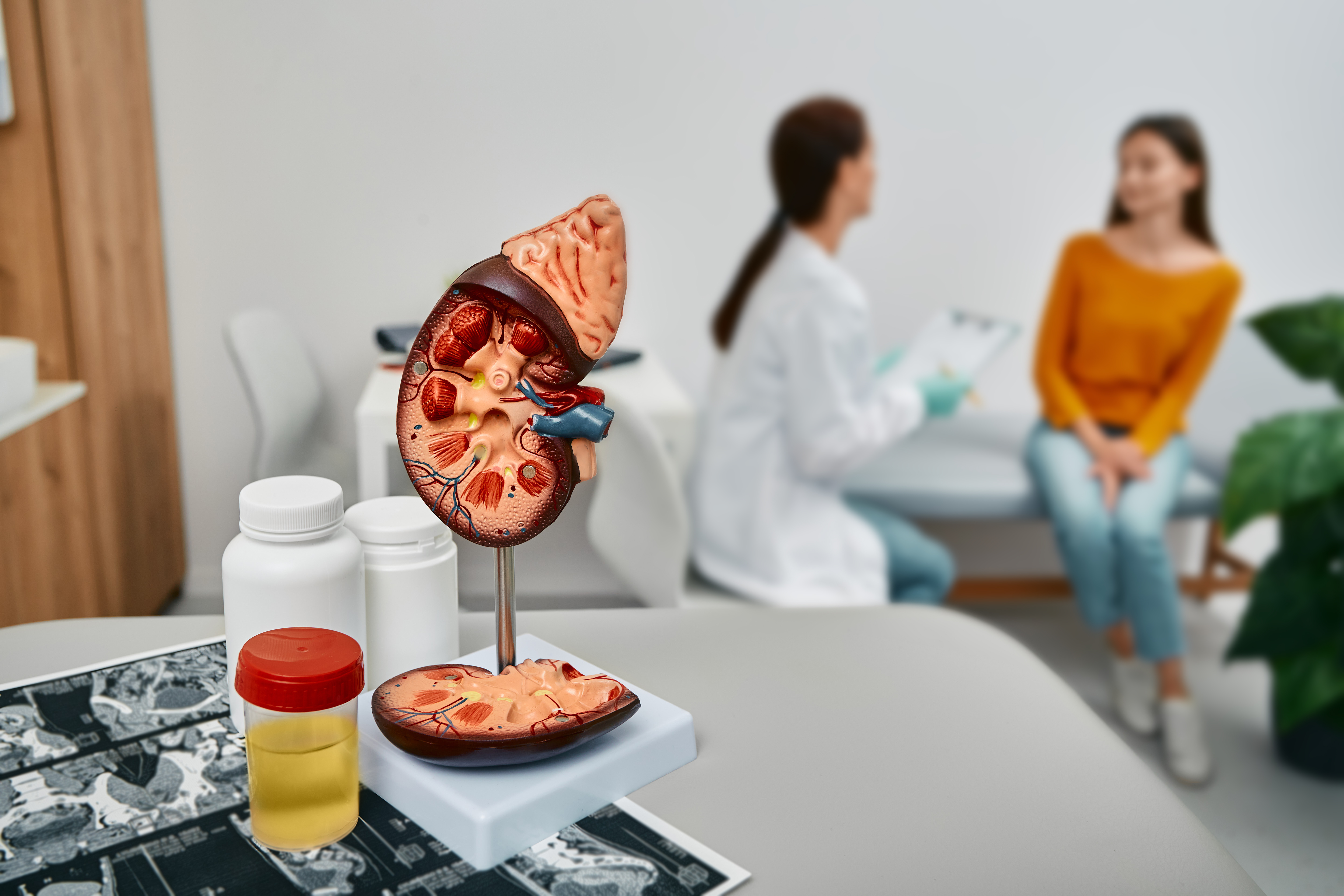
While previously touched upon generally, it's crucial to highlight kidney stone risk specifically. The ketogenic diet can alter urine pH and potentially increase calcium excretion, creating an environment more conducive to kidney stone formation. This risk is amplified for individuals with a pre-existing history or genetic predisposition to stones. Meticulous hydration and electrolyte balance are vital on keto, but even then, the metabolic shifts can pose a significant challenge. For those susceptible, the benefits of keto might not outweigh this considerable risk to kidney health.
22. If You're Prone to Severe Electrolyte Imbalances or Extreme "Keto Flu" Symptoms
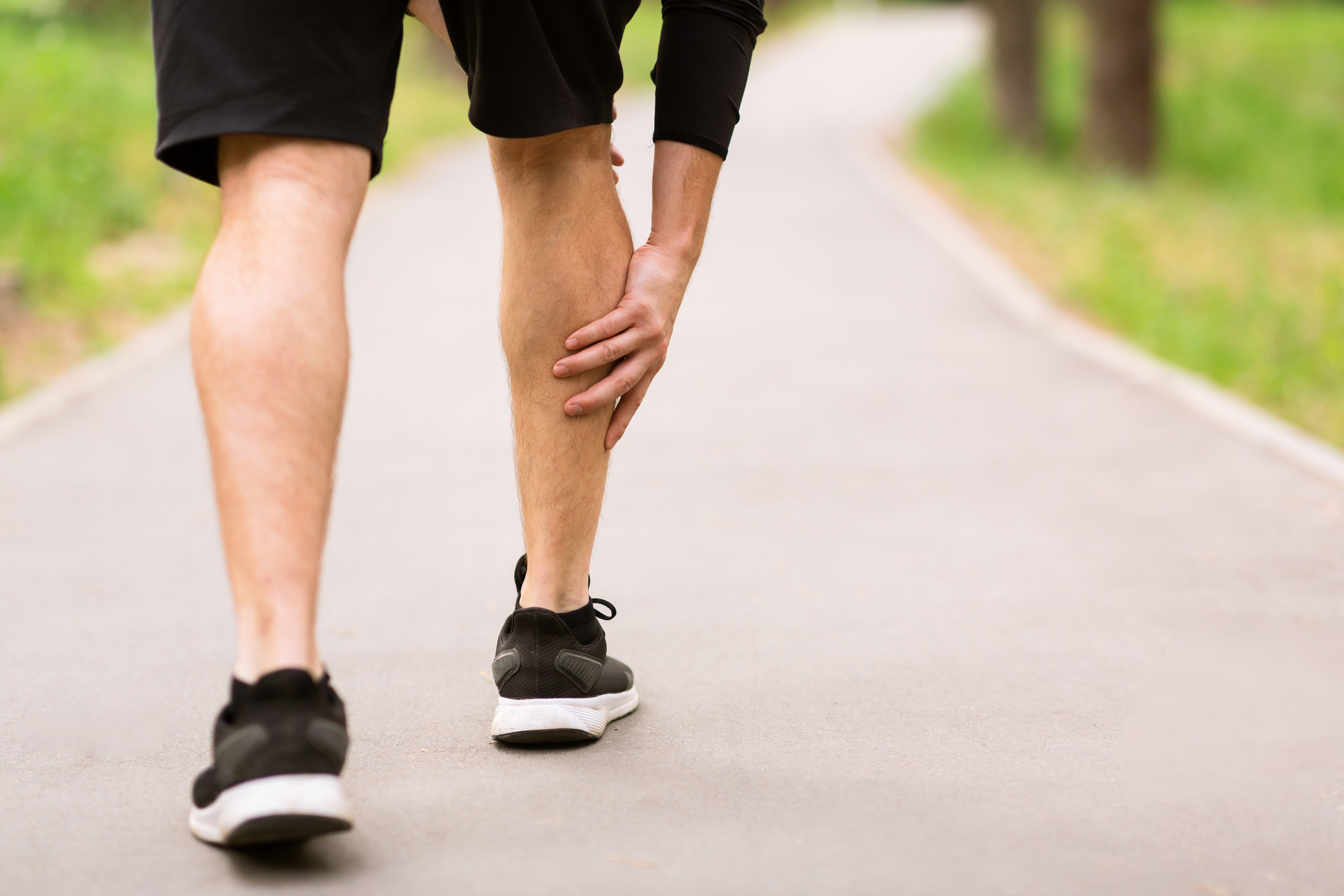
The common "keto flu" symptoms like headaches, fatigue, and irritability usually pass as the body adapts. However, for some individuals, the rapid depletion of essential electrolytes (sodium, potassium, magnesium) can be severe and prolonged. If you've historically struggled with significant dehydration, intense muscle cramps, or extreme lethargy even with minor dietary shifts, the drastic metabolic transition of keto could lead to a highly debilitating and potentially dangerous adaptation phase. For such individuals, a less extreme dietary change might be safer and more sustainable.
23. If You Have a Diagnosed Thyroid Condition

The thyroid gland is a master regulator of metabolism, and its function can be sensitive to dietary changes. While research is still evolving, drastic carbohydrate restriction on a ketogenic diet can sometimes impact the conversion of thyroid hormones (specifically T4 to the active T3), potentially slowing metabolism further or worsening symptoms in individuals with conditions like hypothyroidism. Any significant dietary overhaul, especially one as impactful as keto, should be thoroughly discussed with an endocrinologist to ensure it won't negatively interact with your thyroid health or medication.
24. If You Struggle with Chronic Insomnia or Sleep Disturbances

While some people report improved sleep on keto, for others, particularly during the initial adaptation, it can worsen sleep quality. The extreme reduction in carbohydrates can impact the production of neurotransmitters like serotonin, which plays a role in sleep regulation (tryptophan conversion to serotonin benefits from carbohydrate presence). If you're already battling persistent insomnia, restless sleep, or waking frequently, introducing the metabolic shifts of keto could further disrupt your sleep architecture, leading to increased daytime fatigue and irritability, counteracting potential benefits.
25. If Your Social Life Revolves Heavily Around Food and Drink

For many, sharing meals, celebrating with special foods, and enjoying a drink are integral to social connection and cultural experiences. The highly restrictive nature of the ketogenic diet can make dining out, attending parties, or even casual gatherings with friends incredibly challenging. Constantly scrutinizing menus, declining dishes, or having to explain your dietary limitations can lead to social isolation, food-related anxiety, or feelings of deprivation. If your joy and connection largely stem from varied culinary experiences with others, keto might become a source of stress rather than holistic well-being.
26. If You're Seeking a Flexible, Long-Term, Sustainable Lifestyle Change

While the ketogenic diet can be effective for short-term goals or specific therapeutic uses, its extreme restrictiveness makes long-term adherence difficult for a vast majority of people. The sheer monotony, the constant vigilance over macros, social challenges, and the potential for nutrient deficiencies can lead to burnout. True, sustainable health often comes from a more flexible, balanced, and enjoyable approach that can be maintained indefinitely. If your ultimate goal is a permanent dietary shift you can comfortably live with for years, a less restrictive eating pattern might be more realistic and beneficial in the long run.
The Keto Crossroads: Making an Informed Choice
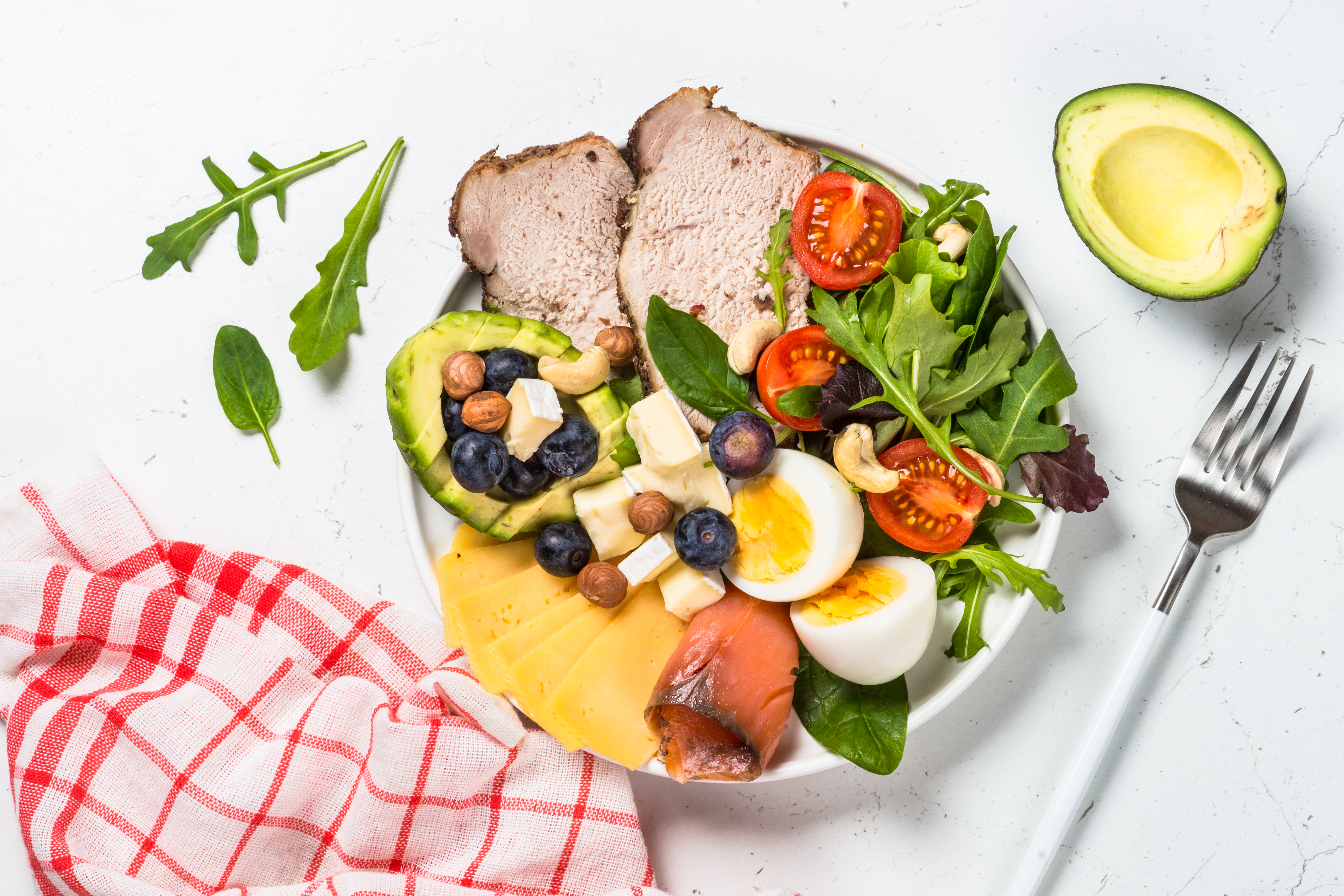
The allure of the ketogenic diet is undeniable, offering a powerful pathway for many to achieve weight loss and metabolic improvements. However, as with any potent dietary intervention, it's not a universal panacea. Understanding the specific circumstances where keto might be ill-advised – from pre-existing health conditions and medication interactions to lifestyle factors and personal eating habits – is paramount. This isn't about demonizing keto, but about empowering you to make a truly informed decision. Your health journey is unique, and before embarking on such a restrictive path, a thorough consultation with a healthcare professional or registered dietitian is not just recommended, but essential. Prioritize your well-being above all else.
